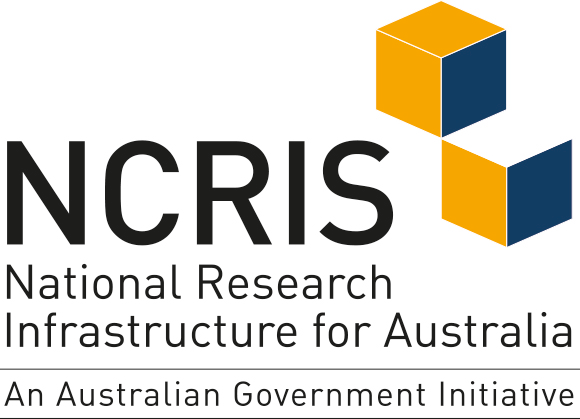AgReFed brings independent organisations together to make strategic and technical decisions about agricultural data sharing.
Background
The AgReFed Platform project supports collaboration and novel insights in research, development, and policy through improving the discoverability of trusted, reusable, and analysis-ready agricultural research data across Australia. Currently, agricultural research data in Australia is siloed within organisations, the data sharing ecosystem is haphazard, trust is low, and publicly available third-party datasets (such as remote sensed vegetation data) and cloud compute facilities are not easily findable and accessible by all researchers.
The AgReFed Platform project is helping overcome these barriers by enabling a transformation in the way that agricultural researchers collect, describe, and disseminate their research findings. The outputs will include:
- The ability to search and discover distributed agricultural related datasets including big-data (climate, satellite imagery) and cross-sector data resources.
- Tooling to help researchers describe and store their data in ways that are discoverable, trustworthy, and understandable (reusable)
- The ability to create and share workflows, and models through access to cloud computing.
The outcome will be the ability to search and discover trusted, reusable agricultural related datasets, workflows and models. This will facilitate data reuse and cross discipline collaborations for novel research insights and practical applications in policy, reporting and on-ground decision making.
Federation University Australia leads the project in collaboration with The University of Sydney, Queensland Cyber Infrastructure Foundation, University of Southern Queensland and ARDC to deliver the project.
The AgReFed Platforms Project is one of the ARDC Platforms Programs, which deliver digital tools and infrastructure for researchers from all disciplines.
Who will benefit
Researchers across disciplines who use a number of agricultural online services, local and federal government, research organisations and farmers’ organisations will benefit from the project’s core features:
- Infrastructure fit for purpose – Building Australian agriculture data infrastructure around use cases from the community and driven by FAIR data standards
- Simple access – Making it easier for those without technical expertise to search, discover, access, integrate, analyse and package data, models, and data products in a cloud compute environment.
- Cross-domain integration of agricultural information – Enabling, for example, users to display data from natural capital and economic activity, for policy and decision making.

